Bird Watch Ireland has said that it is very concerned and disappointed that payments to 18,000 farmers participating in ACRES co-operation will be delayed until February 2024.
This, the organisation said, places this cohort of farmers under financial pressure, especially where there have been cost outlays and farmers are now left covering these costs until 2024.
There is also a risk that the delay will damage perception among the farmers who have entered the more targeted agri-environment scheme of the benefits of involvement, at a time when we need their support for nature restoration on farmland more than ever, it added.
Targeted projects
"Bird Watch Ireland fully supports the co-operative projects (CP) which are targeted and results-based agri-environment schemes and offering farmers more bespoke support on their farms to restore biodiversity on farmland.
"However, it has been clear from the start that there would be operational challenges in uploading results-based scorecards to the Department of Agriculture's IT system," Bird Watch Ireland said in a statement.
It has been known for a number of years that the implementation of CP schemes would require system changes within the Department's IT operations, the organisation argued, adding that investment in IT is one area where greater focus is urgently needed by Government.
Head of advocacy at Bird Watch Ireland Oonagh Duggan said: “We call on Government to invest in its IT systems to ensure that it is fit for purpose.
"Going forward, it must be able to accommodate the future direction of Ireland’s agri-environment scheme payments and the flexibility needed to successfully manage changes in schemes due to unforeseen circumstances.
“Restoration of habitats and wildlife populations on farmland will only work if farmers have trust and confidence in the systems underpinning it and see their payments delivered on time and in full. This is really important and the State must get it right.”
Biodiversity
The move towards more tailored approaches to address environmental issues through the CP schemes is very promising for farmland biodiversity and to address climate goals, she argued.
It is clear from the substantial over-subscription of both ACRES CP tranche one and ACRES general (by 50%) that farmers are very keen to play their part to restore nature, she added.
"The nature restoration law is almost finalised in Brussels and will likely require greater farmer uptake of schemes like the CPs to meet targets.
"Take-up will be voluntary and farmers will need to be incentivised to get involved. Involvement will be more successful if farmers have trust and confidence in the systems that underpin these schemes and where there is policy coherence.
"We really hope that this delay will be a once off and farmers will see the benefits of involvement over time," she said.




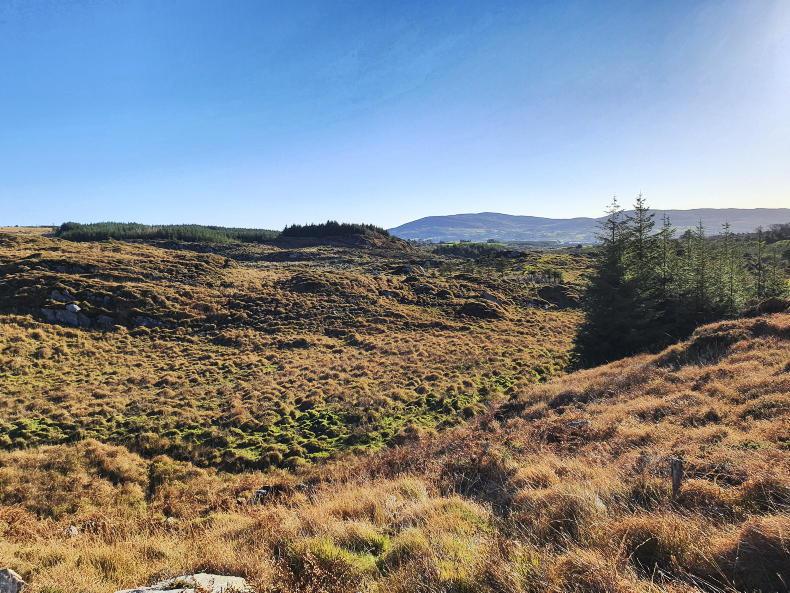
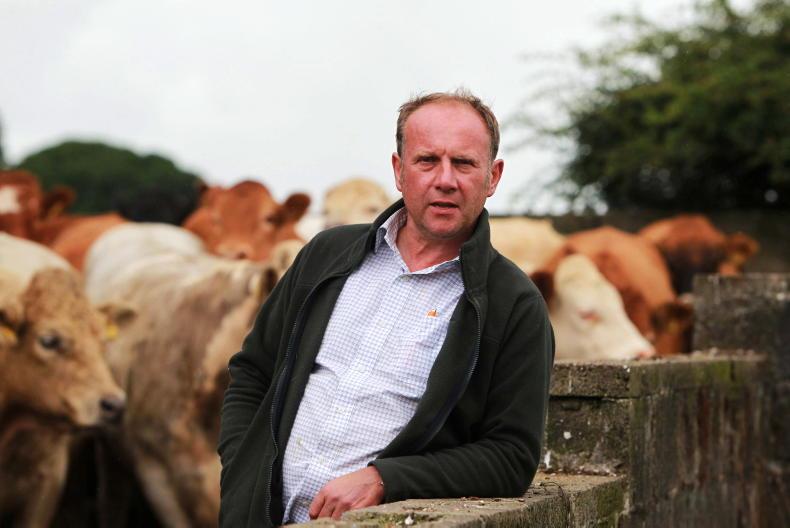

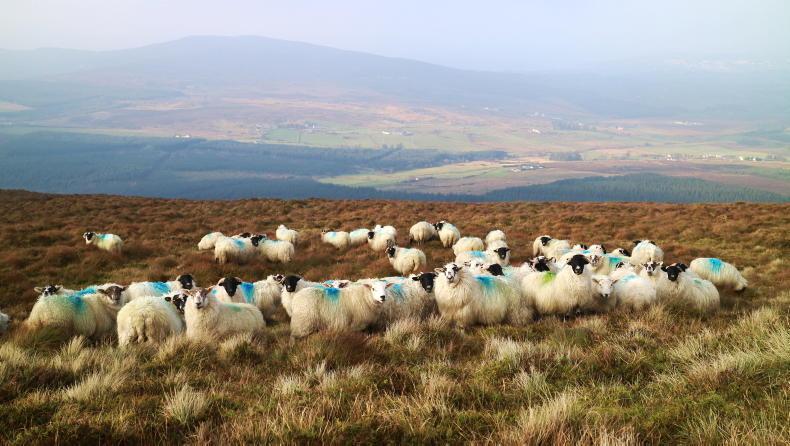
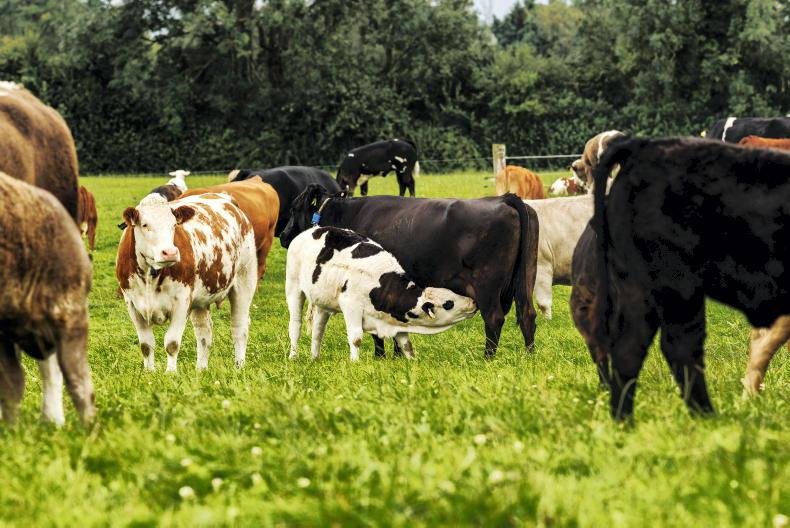
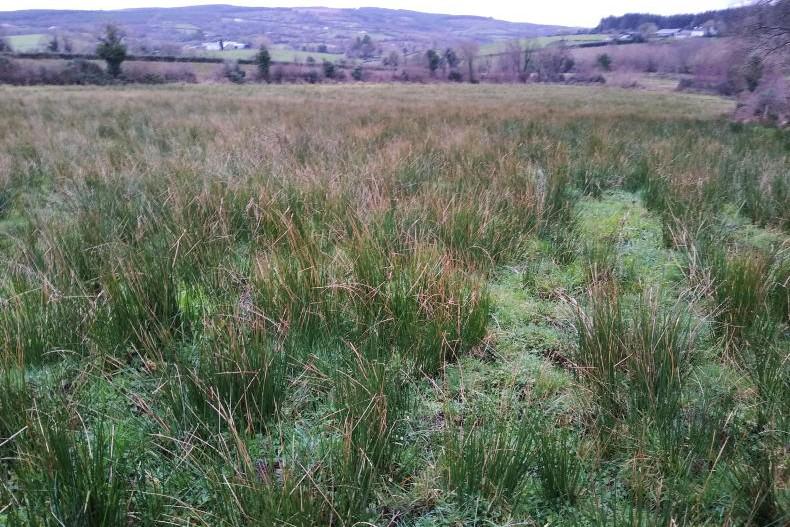
SHARING OPTIONS